10 November 2023
Young researchers are essential to the RurAllure project, a visionary endeavor dedicated to rural community revitalization along the pilgrimage routes. Their enthusiasm and modern expertise infuse the project with fresh ideas and innovative solutions, bridging tradition and progress. Dominique Gialdini, a neo-graduate from the Spanish University of Girona, focused his master’s thesis on “Inward journey through the Valle d’Aosta: stakeholders’ perspectives on sustainability and resilience along the Via Francigena pilgrimage route”.
Below are insights of his reseach.
What is your thesis about and what inspired you to choose this topic?
My thesis is focused on analyzing local stakeholders’ perceptions about the sustainability and resilience of the Via Francigena pilgrimage route through the Italy’s Aosta Valley. As a student of tourism who spent substantial time focusing on the three pillars of sustainability (economic, socio-cultural, and environmental) and as a Catholic, I had an interest in investigating a case study that combined cultural tourism, slow tourism, rural tourism, and spirituality. Since the Camino de Santiago is a widely known and heavily trafficked path, I decided to focus on a European Cultural Route that is still in the process of becoming a household name, as I felt my research would be more meaningful for a route in the development and growth process. I chose the Valle d’Aosta at the suggestion of EAVF Director Luca Bruschi, who connected with me with regional tourism Director Laurette Proment. I focused on local stakeholders (including DMO professionals, hoteliers, mayors, and other public figures) because I was interested in collecting a mosaic of perspectives and synthesizing them to provide insight into the general satisfaction of and concerns for the route.
According to your analysis, has sustainability been more enhanced in the field of tourism development in the last years?
While conducting my literature review, I came to understand that the concept of sustainability has expanded and developed over time. Rather than looking at carrying capacity in absolute terms, as was once common, limits of acceptable change are now better understood to be dynamic and contingent upon stages of development within a destination. Additionally, resilience has come into focus. It is commonly accepted that unforeseen changes occur in a given destination, and these changes can disrupt the sustainability of a place; however, resilience is the measure of how quickly a destination can get back to normal. In the case of the Valle d’Aosta, for example, landslides were a prime example of disruptive events to consider. It appears that sustainability, indeed, has come to the forefront of the focus of many destinations, and the Via Francigena is no different. In order to practice responsible tourism development, my friends whom I met on the route (both the EAVF team and local stakeholders) have identified that sustainability is an important component in the safeguarding of a tourism asset. The post-COVID world has made those in the tourism industry more aware of the effects of tourism. In places where endemic animals returned during the lockdowns or where water clarity increased substantially, we were able to see what a place looks like without heavy human presence; these phenomena allowed us to better conceptualize that different management techniques can influence the state of a destination. It is now understood by many in tourism that there are both intrinsic and extrinsic values in acting sustainably; a destination remains beautiful and continues to attract visitors who spend money!
Resilience is one of the key words of your thesis, how does it relate to the slow tourism?
Resilience is an important concept in tourism that affects destinations across the globe. In the context of slow tourism, resilience is important when mitigating adverse situations, such as natural disasters or human-caused situations. For example, strikes can affect the ability of a rural destination to be accessible for visitors; how do these destinations fare when such obstacles occur? Additionally, how does a destination cope with a devastating event, such as a fire that destroys cultural assets? Resilient destinations have crisis mitigation plans and are able to reposition themselves in order to stay relevant. One situation that was brought to my attention during my research is that, due to warmer winters, the length of ski season in the Valle d’Aosta has decreased substantially. Some locals explained that they hope that diversification (such as becoming an emerging destination for hiking) will mitigate the negative economic effects of a given situation. It has been observed that travelers interested in slow tourism tend to be more conscious of their impact on a destination; therefore, slow tourism destinations tend to be more susceptible to environmental rather than visitor-induced situations that must be addressed through resilient action.
In your survey, what are the main tourist development models of the post-covid period?
The post-COVID period has led to a surge in interest for rural tourism. I now live in rural Tennessee, and it was in places like my county where people began to escape the claustrophobia of lockdowns and difficult situations in urban settings. Overall, tourists in recent years have begun to flock to rural areas and destinations that are nearer to where they live. Some of these trends are thanks to concerns over travel restrictions and are also influenced by the growing demographic that considers its carbon footprint. As time goes on, it appears that further distance and international tourism are returning to normal. Slow tourism has grown in popularity not only among older generations but also among younger adults who are interested in locally sourced and organic products. The anxieties of Covid have led many to develop a respect for tradition and grassroots activities, which leads them to places like agrotourism accommodations, honey farms, and olive groves. Additionally, many people desire to rediscover who they are and advance their wellbeing through spiritually and physically rejuvenating activities. Since cultural routes such as the Via Francigena are natural conduits for adventure and self-discovery, I believe that they will grow in popularity in the years to come.
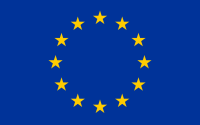
This project has been funded by the European Union’s Horizon 2020 Research and Innovation programme under grant agreement no 101004887.
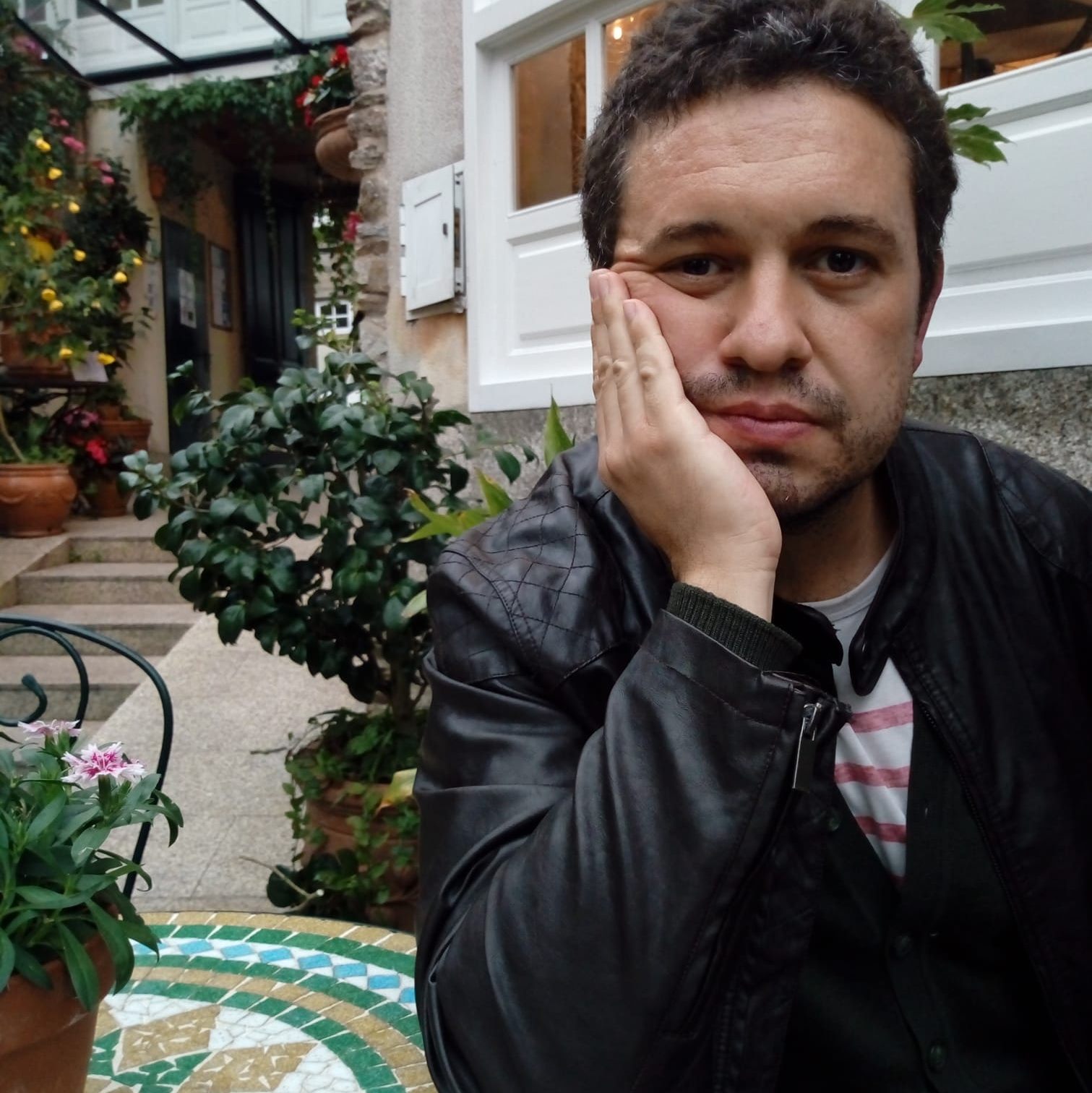
FUN Technical Assistant for Heritage Management and Disseminations. Filmmaker and Writer he has studies on Cinema Direction and Laws. Guide to Novoneyra’s House Museum.
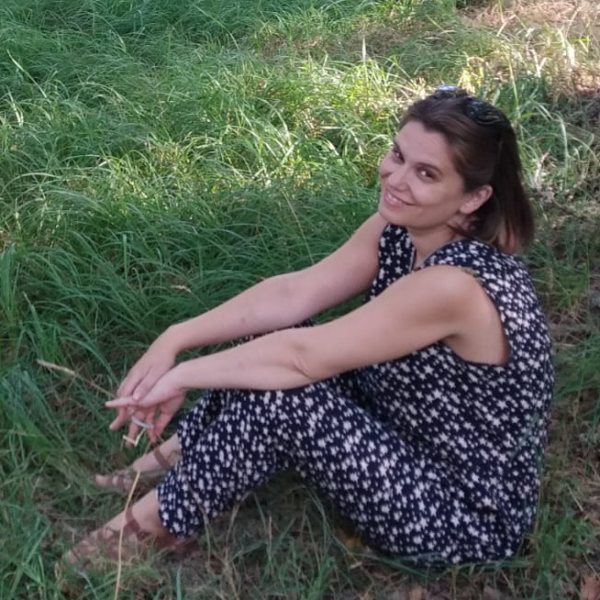
Responsible for Administrative task & management. Diploma in Social Work, specialized in Public administration and inclusion. More than 10 years of experience in management of various social care programs with different groups, developing and implementing projects of sociocultural social intervention.
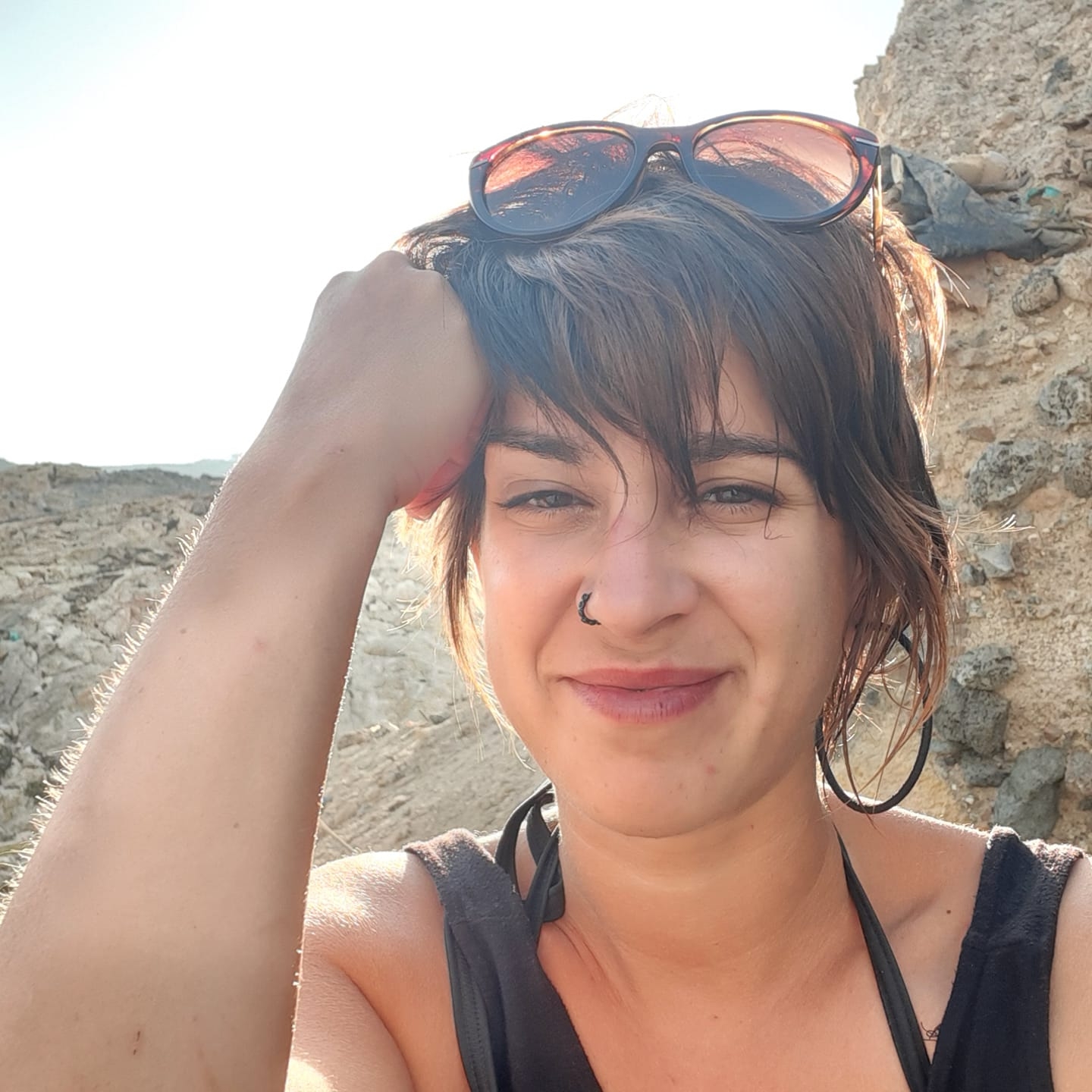
FUN Technician for Tourism Strategies and Internationalization. Phd in Journalism & Media and Postgraduate in Tourism Destination Marketing. More than 10 years of work experience in local tourism policies and strategies. Comms Officer for the European Cultural Route of Historic Thermal Towns (EHTTA) between 2016 and 2018 and certified SICTED Agent.
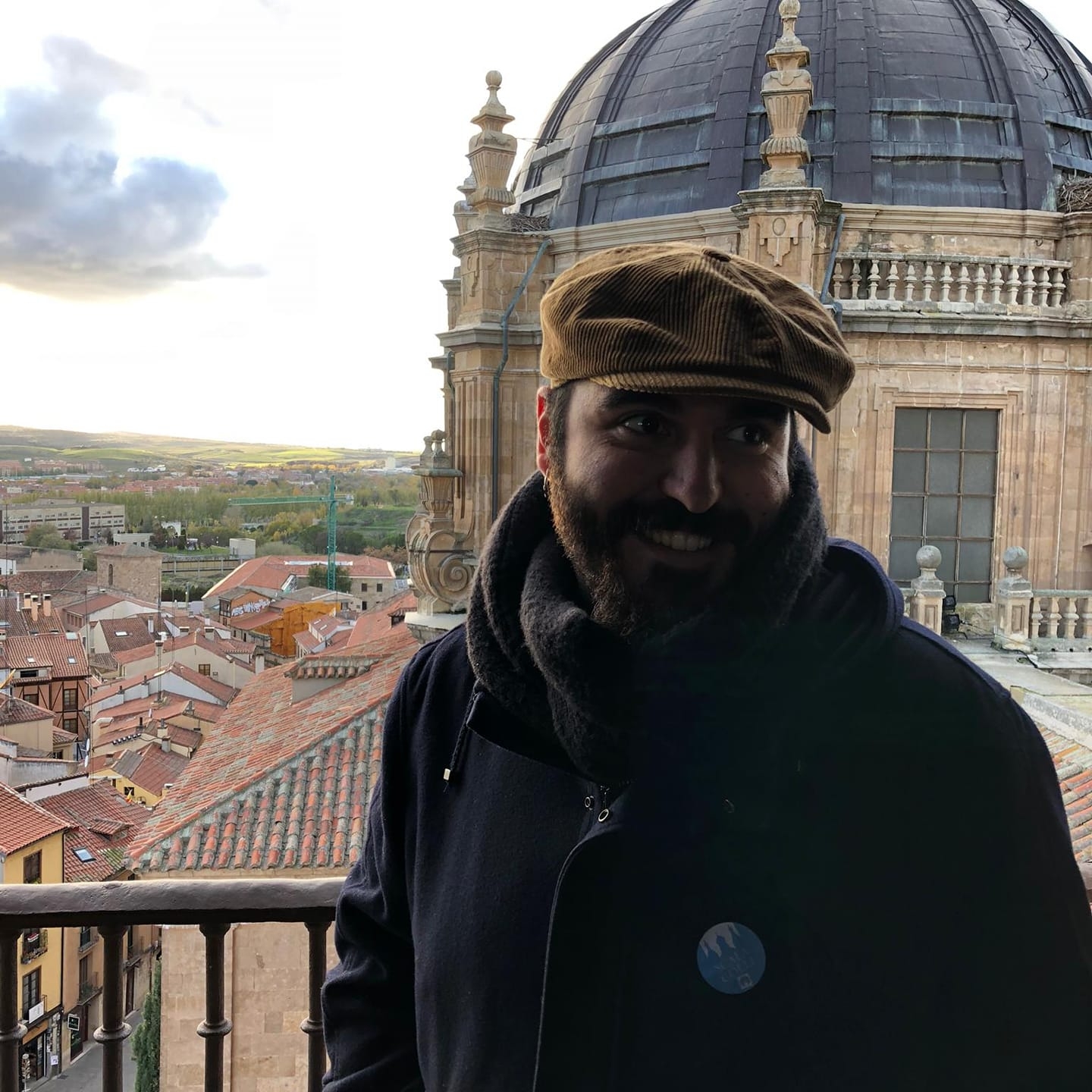
FUN Technician on Cultural Management. Phd in History and Postgraduate in Digitization of Cultural Heritage. Trained on Heritage Management, Museums and Archaeology he is responsible for the management of the FUN Archives and guide at Novoneyra’s House Museum.
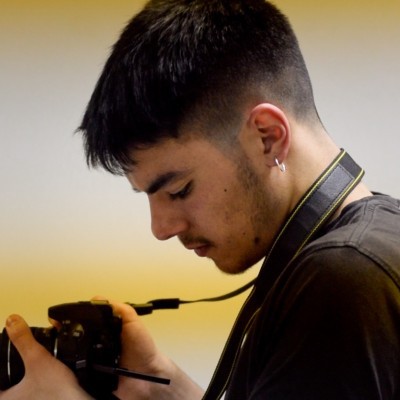
FUN Junior Technical Assistant on Communications. Degree in Audiovisual Communications. Graphic design, audiovisual contents and DigitalMarketing tools.
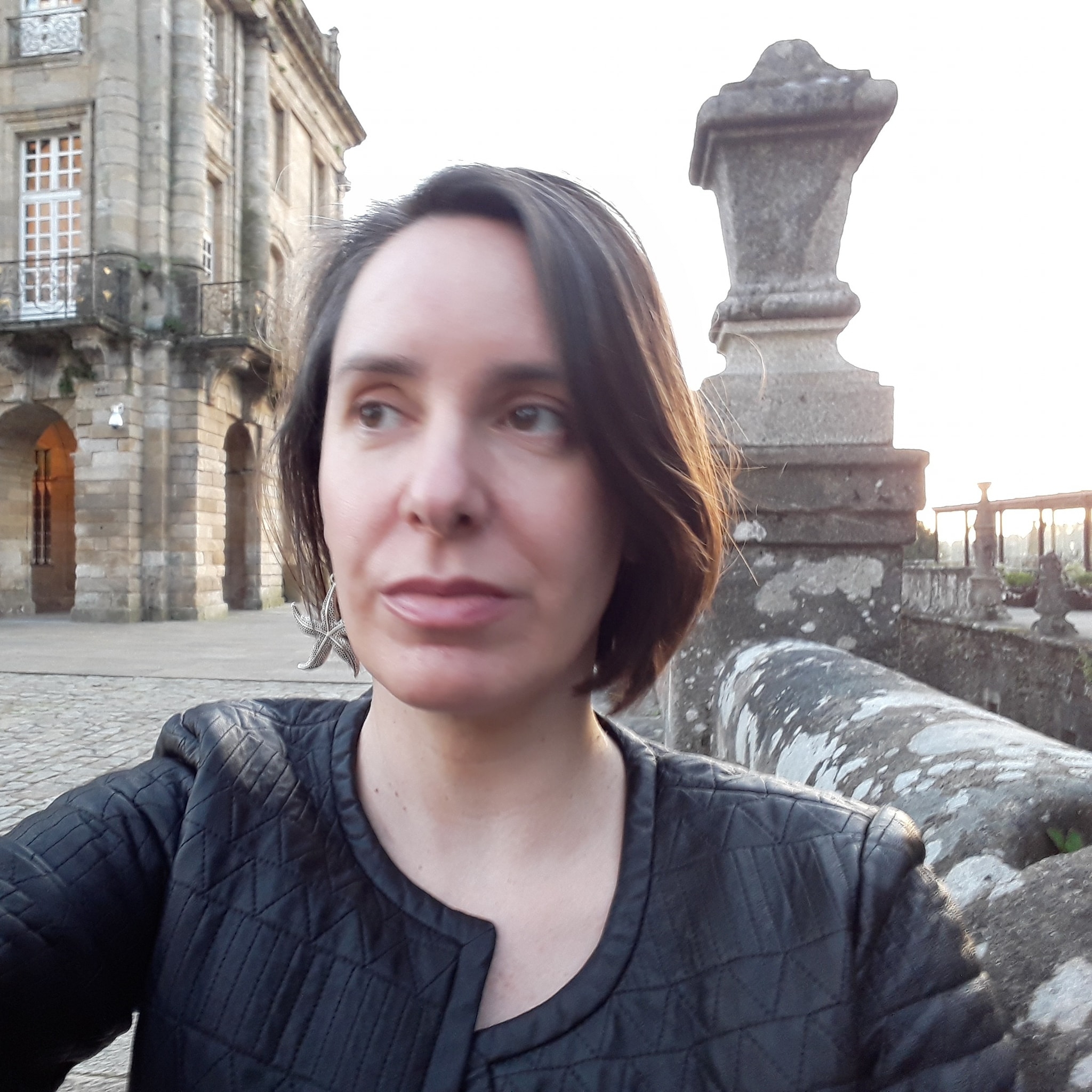
FUN Arts Director and Member of FUN Board. Technician on Cultural Management. Phd on Art Education and Political Sciences and Master in Digital Publishing. Between 2015 and 2019 she was the Deputy Mayor of the City Council of Santiago de Compostela and Cultural Policies Councillor and since 2019 opposition councillor.
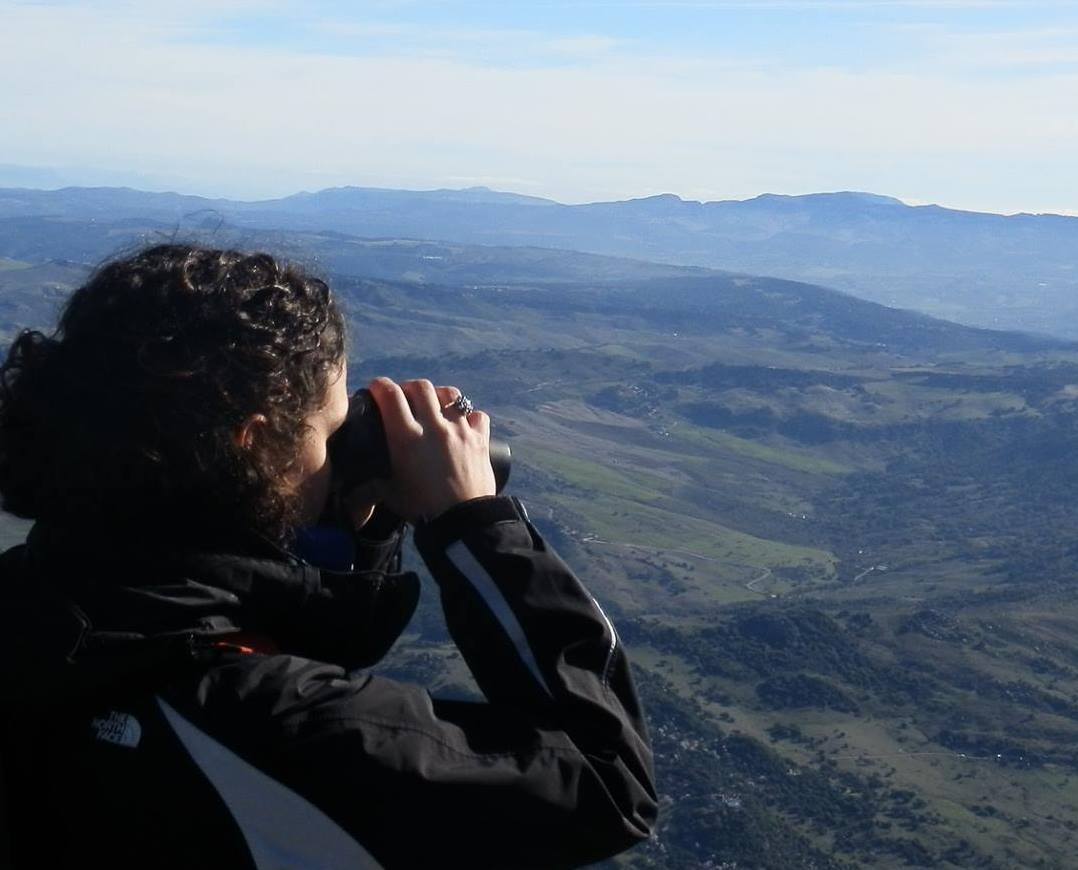
FUN Technician on Sustainability and Environmental Awareness. PhD in Biology and MSC on Biodiversity and Conservation Biology. Experienced in Environmental Education (formal and non-formal, she has volunteered with organizations including the Max Planck Institute of Ornithology and the Doñana Biological Station (CSIC).
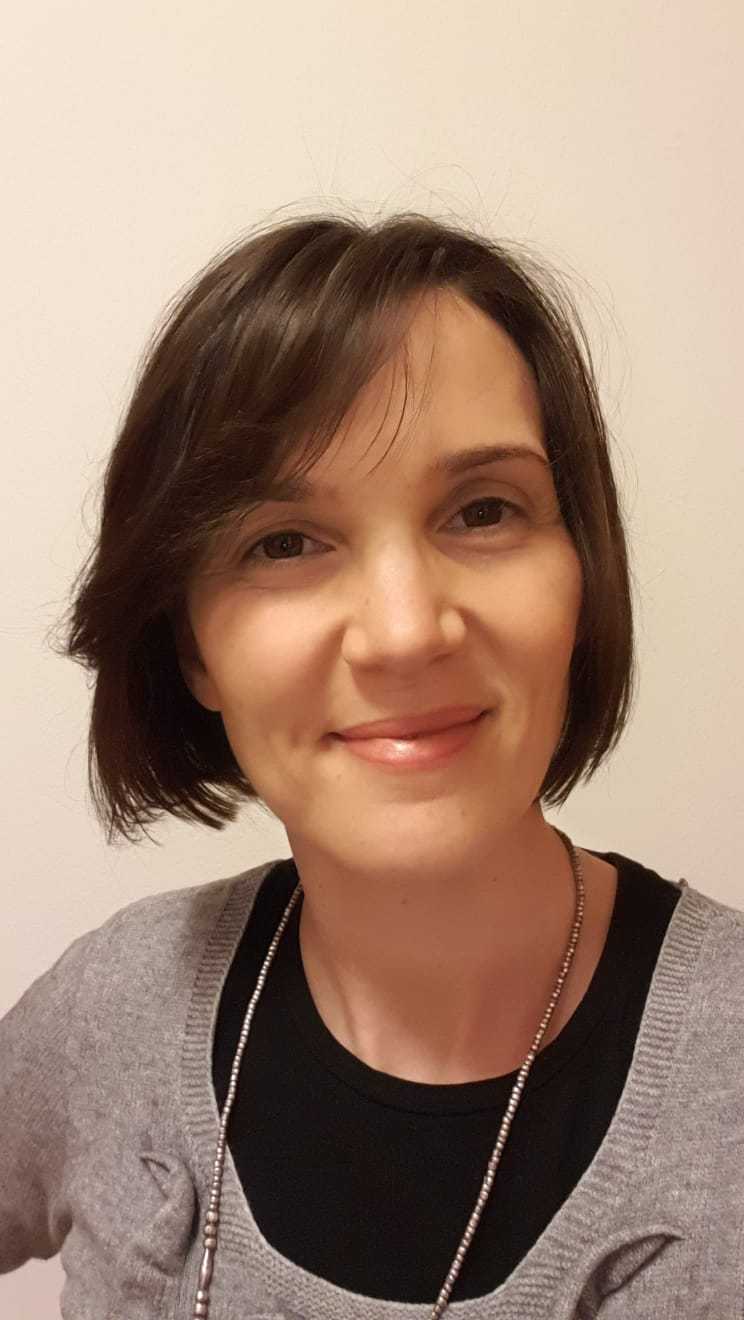
Silvia has a Master’s degree in History of Arts and Conservation of Artistic Heritage, obtained at the Ca’ Foscari University of Venice. From 2009 to 2012 she worked at the Diocesan Pilgrimages Office with the task of organizing pilgrimages to the Middle East, managing the collection of books “Bible and the Holy Land”, organizing the international cultural event “Lymph of the Olive” and to coordinate volunteers. Since 2012 she has worked at the Girolomoni Cultural Foundation in the Marche Region, with administrative tasks, organization of events and editing of the magazine Mediterraneo Dossier dedicated to biology, religion and current affairs. Since 2019, she has worked for the Homo Viator – San Teobaldo Foundation where she has the task of managing pilgrimages, the communication of the Foundation and supporting the Romea Strata project.
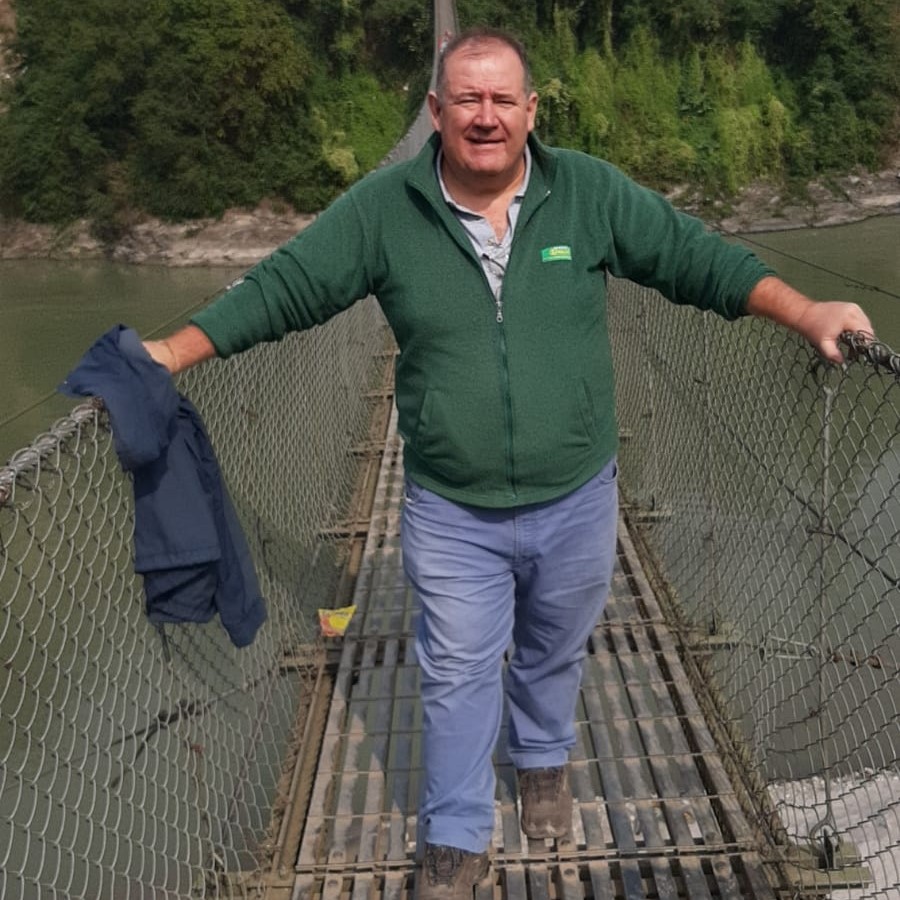
Raimondo Sinibaldi has been the Director and the legal representative of the Pilgrimage Office of the Diocese of Vicenza for ten years and the President and the legal representative of the Homo Viator Foundation, wanted by the Diocese of Vicenza. For thirty years he has accompanied groups of pilgrims in Biblical Lands and in significant places of pilgrimage, such as Rome, Santiago de Compostela, Częstochowa, Lourdes, etc. In particular, as far as the Holy Land (Israel-Palestine) is concerned, he has the official guide certification issued by the competent ecclesiastical authorities, having completed studies in the Theological Faculty of Vicenza and at the Jesuit Community in Jerusalem. He contributed to the ideation and promotion of the Romea Strata project.
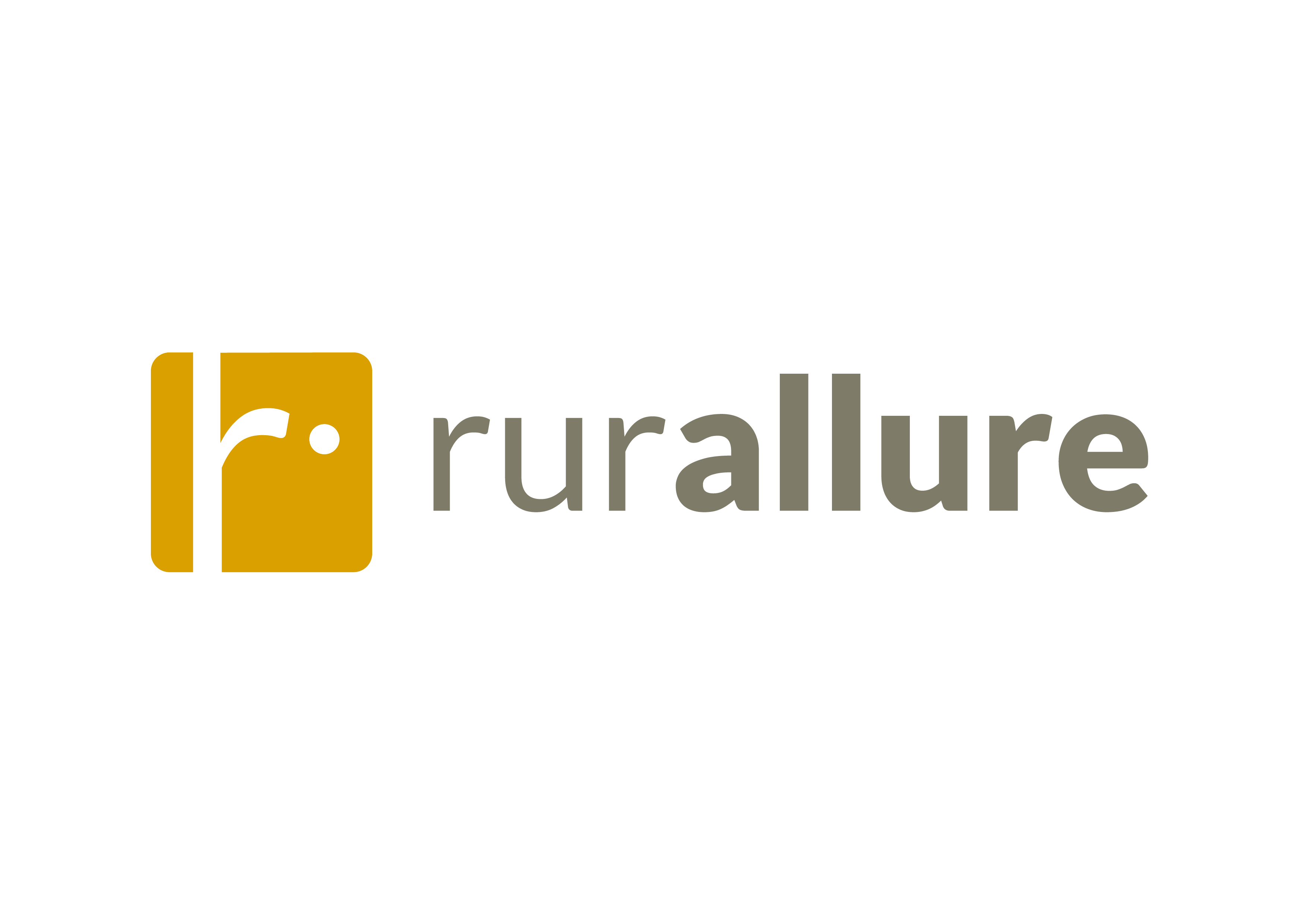
Romea Strata coordinator. has a Bachelor’s Degree in “Forest and Environmental Sciences and Technologies”. She worked at the “Regional Forest Service” in Veneto Region managing the administration of projects, as Director of extinguishing forest fire department and teaching courses in the
environmental sector. Since 2015 she works at the Pilgrimage office (now Homo Viator Foundation) managing the Romea Strata project. She traced the route, georeferenced it and collaborated in the realization of European projects for the Office.
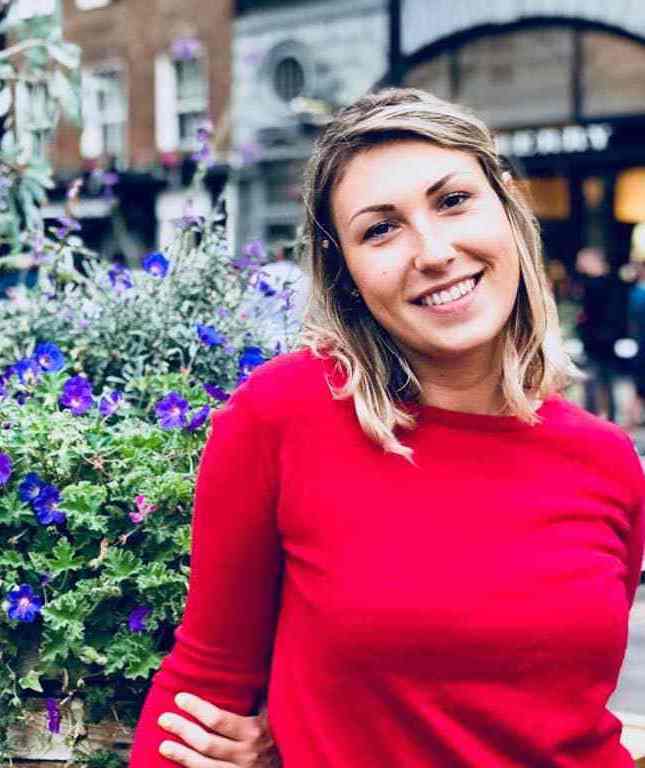
Aleksandra has a Master’s Degree in Sociology and social research. After graduation, she also attended two advanced training courses in “Innovation in social enterprises”(2015) and in “Project Management”(2019). In her last experience she worked for 4 years in a social cooperative as Accessible travel and tourism manager where her main tasks were: implementation of new accessible tourism services; organisation of holidays option for users with disabilities; management of fundraising activity; participation in EU-funded projects; care and management of the PR and communication activities; start up and management of a new accomodation facility. Since October 2019 she has worked for Homo Viator San Teobaldo Foundation as a referent for EU projects related to Romea Strata and its implementation.
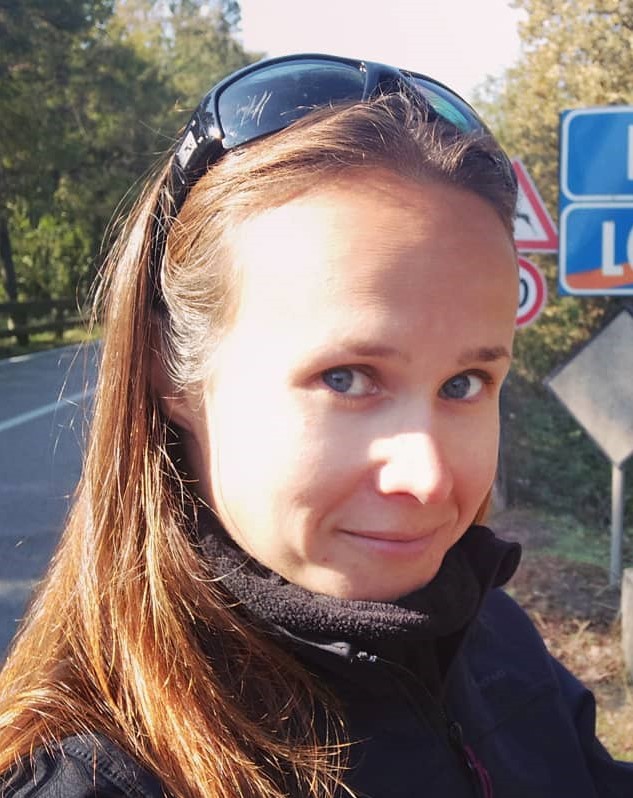
rurAllure project officer for EAVF. Myra has a background in Italian Language and Culture, and has previously worked in the field of International Higher Education. She will be managing the rurAllure communication channels and contribute to the Thermal Heritage pilot. Myra has a great love for bike touring and the environment, and is the founder and president of environmental initiative Cycle 2 Recycle.
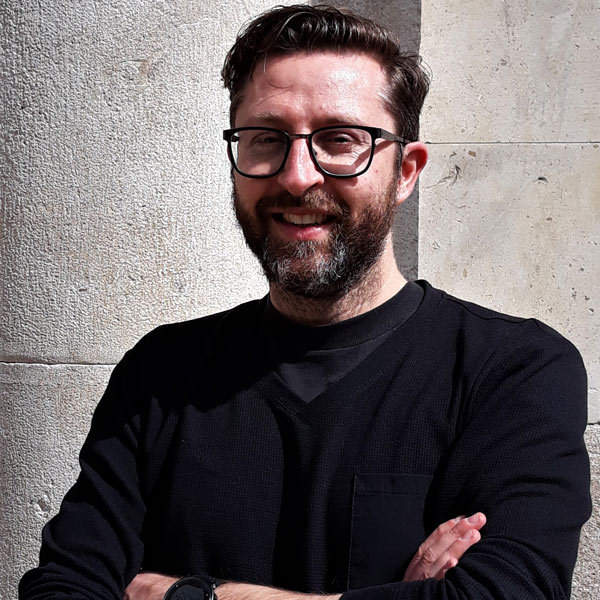
EAVF director. Leading the EAVF since 2013, Luca has extended work experience in international organisations and public bodies. With a background in art history and tourism, he is a freelance journalist, consultant, and a hiking enthusiast. Among his publications there are numerous articles in Italian internet media and a book “Via Francigena – una Strada Europea”.
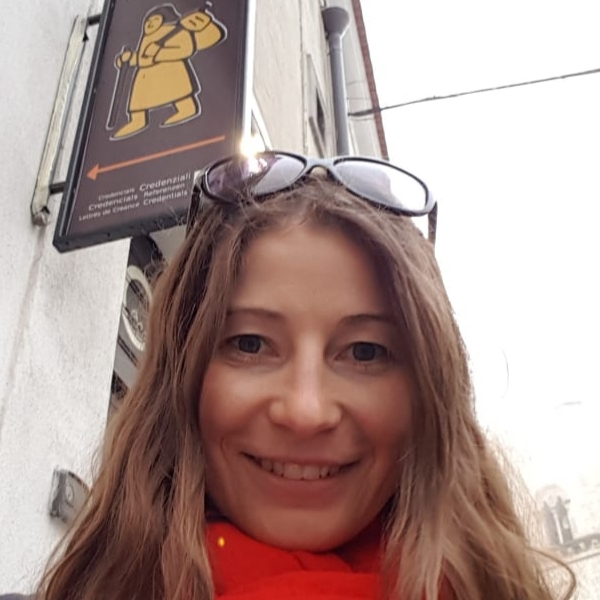
European projects and International relations advisor. With her extended work experience in international organisations and academic background in cultural management, Elena oversees international relations and manages European projects of the EAVF. A travel enthusiast, she spends her free time backpacking all over the world.
Maria Laura Gasparini is a tourism professional with over 10 years of work experience in the travel and hospitality sector. She has a degree in Tourism Economics and Management from the University of Bologna and has specialised in the role of sustainability indicators as policy making tools. Her main research interests are sustainability monitoring, community-based tourism and regenerative tourism. She is currently Research Fellow at the Center for Advanced Studies in Tourism, Bologna University, where she is contributing to the management of several EU funded projects, such as rurAllure and Fab Routes, focused on cultural routes and rural development.
Patrizia Battilani is a UNIBO Economic Historian. Her research focuses on cultural heritage valorisation, public history and economic history. She has been visiting scholar at the University of Sidney (2013) and Glasgow (2018 and 2019). She served as director of the Bachelor degree in Tourism Economics (2012-2016). She has experience on participating and managing national and international projects as Head of CAST, the UNIBO Center for tourism study. She is responsible for the UNIBO Unit of the Interreg Italy-Croatia project Recolor (Reviving and EnhanCing artwOrks and Landscapes Of the adRiatic). Between 2018 and 2019 she coordinated a transnational research on dissonant heritage focusing on the European cultural route ATRIUM. Her last publications include How to cope with dissonant heritage: a way towards sustainable tourism development in Journal of Sustainable tourism (2018) with A. Mariotti and C. Bernini.
https://www.unibo.it/sitoweb/patrizia.battilani/en
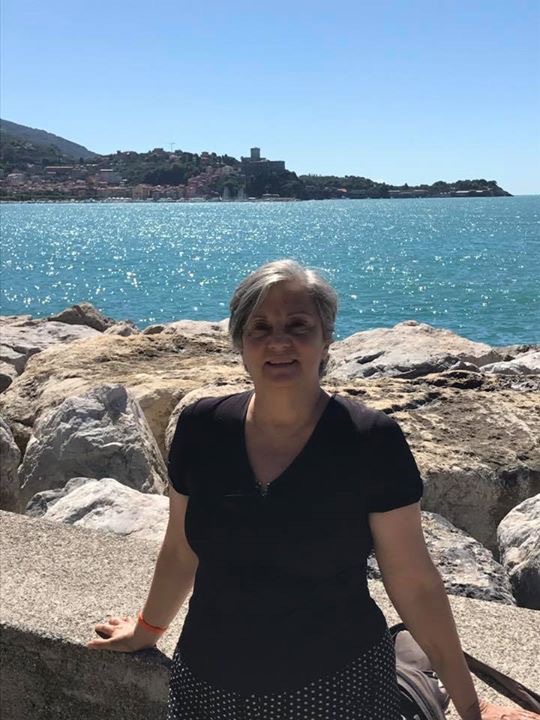
Fiorella Dallari has been a Professor of Alma Mater (PAM) since 1 November 2018, former associate professor of Political and Economic Geography since 2004 at the Rimini Campus of the Alma Mater Studiorum – University of Bologna in the Department for Life Quality Studies. In 1972 she began his research activity in the Faculty of Economics and from 1980 on didactic activity in the geographic field (disciplinary sector M-GGR / 02), with a 1st level national qualification (2012). In the field of research, she deals with tourism geography, economic-political geography and regional geography. Currently his research topics are: Local and sustainable development; Heritage and sustainable tourism; Pilgrimages, cultural itineraries and tourist routes; cooperation and sustainable tourism; Heritage, social participation and citizenship; UNESCO Heritage and Religious Heritage.
Fiorella is also founding-editor of “AlmaTourism, Journal of Tourism, Culture and Territorial Development”, a scientific journal of the University of Bologna. Engaged in national and international research projects, she collaborates with UNESCO (UNITWIN Network “Culture, Tourism, Development”; UNESCO Italian Chairs “Territory, Sustainability, Tourism” – TEST, of which she is responsible for tourism; Mediterranean Unesco Chairs – MUNCH), ICOMOS (International Scientific Committee on Places of Religion and Ritual – PRERICO member and coordinator of the Prerico National Committee). For nearly twenty years she has collaborated and collaborates with some itineraries recognized by the Council of Europe (in particular, she is president of European Association of the Vie Francigene, the Via Romea Germanica and the Romea Strata Scientific Committees).
Author of over 150 publications, she received the Vallega prize for research on cultural-historical itineraries (2008).
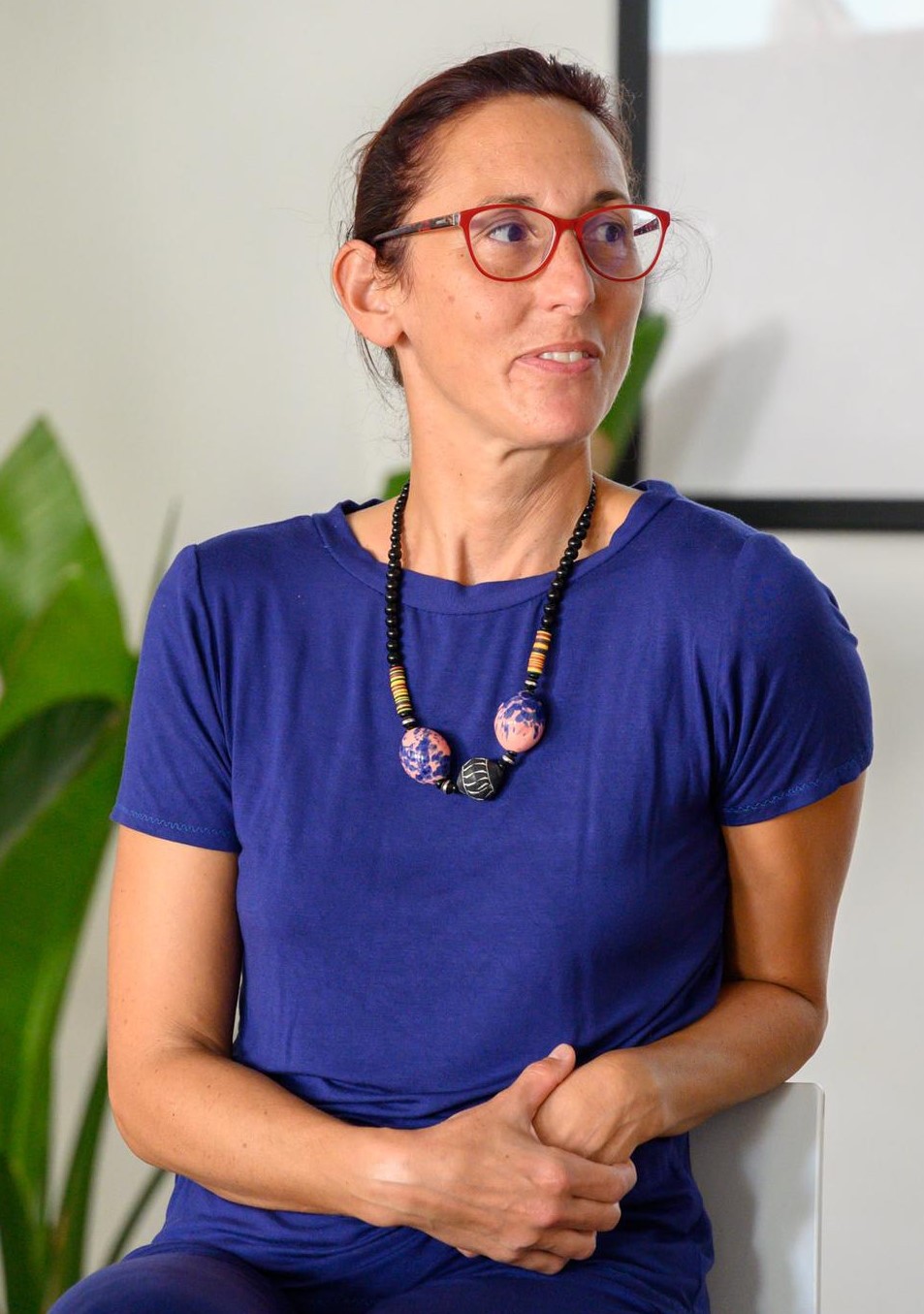

Lorem ipsum dolor sit amet, consectetur adipiscing elit. Vivamus vulputate velit sed vestibulum vestibulum. Pellentesque varius accumsan mi, sit amet euismod dolor egestas nec. Aenean scelerisque magna et tortor porta mattis. In molestie id neque id posuere. Sed quis lacinia nunc. In metus felis, maximus vitae urna ut, scelerisque mattis eros. Vestibulum quis turpis at enim volutpat commodo. Donec aliquet tellus eget ligula viverra aliquam luctus non mi. Nunc a quam ac nisi tristique imperdiet. Nullam in auctor elit, eu congue mi. Sed quis nisi pharetra, convallis turpis vitae, fringilla neque. Etiam non lectus lorem.
Aenean et vulputate quam, et sodales tortor. Suspendisse fringilla euismod ultricies. Quisque pulvinar leo mauris, eget dignissim turpis bibendum ac. Integer semper consequat magna. Donec ornare risus at justo eleifend pellentesque sed sit amet turpis. Aliquam id nibh id nibh dictum rutrum non et enim. Cras at varius massa. Duis tempus sed lectus et lacinia. Morbi imperdiet lorem vel mollis lacinia. Cras vel tincidunt ex, eget congue enim. Sed et gravida orci. Maecenas lobortis vulputate mattis.